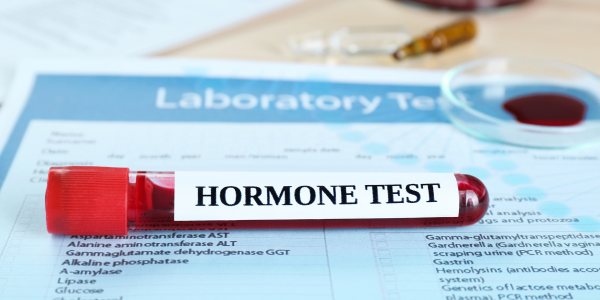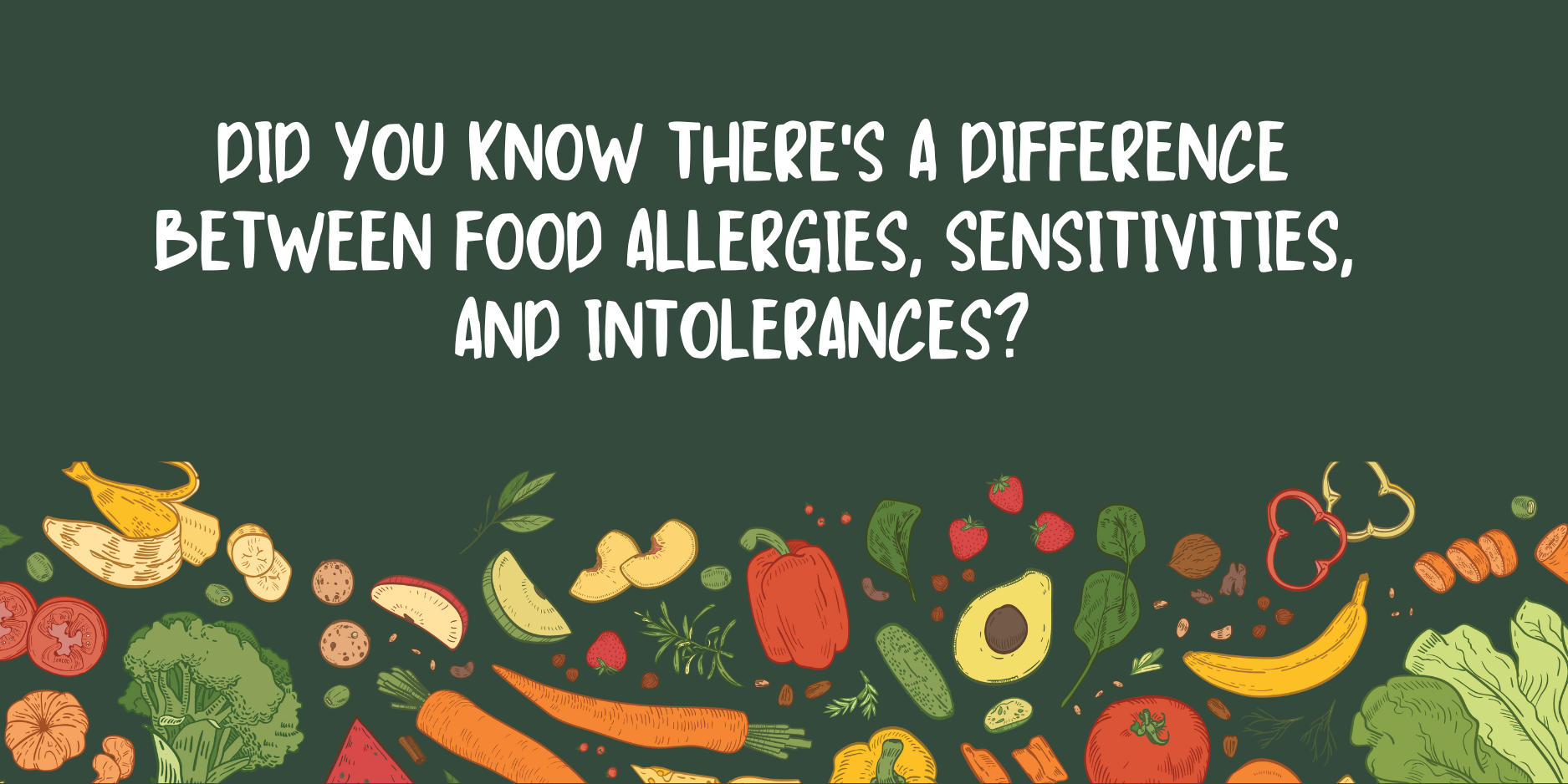

Want to eat healthier but don’t know where to start? Here are my top 6 guidelines to help you get started. Focus on organic sources (as your budget allows) for all meats, poultry, and eggs, ideally from grass fed sources, and wild caught fish.
- Organic sources of fruits and vegetables are just as important. Organic and fresh is best, however frozen organic will work too.
- You can get a list of the “dirty dozen” vegetables and fruits that are highest in pesticides at www.ewg.org to help you decide which are most important to get organic.
- Generally speaking if it has a thick skin on the outside that you are not eating, it is usually ok non-organic (think banana or avocado).
Work on increasing your vegetable intake, with a goal of more than 10 servings per day. If you are currently not eating many vegetables, don’t worry; you can build up to this! Focus on adding an extra serving at lunch and dinner and go from there.
- Aim for a little bit of a lot of color. In other words, have lots of different colors on your plate.
Eliminate all sources of excess sugar. Including sugary treats, snacks, soda, deserts, cereals, yogurts, muffins, bars etc…
- Remember substituting your favorite sugary snacks for the sugar free versions are not always healthier, as most sugar substitutes are just as bad if not worse for your health than actual sugar. Your goal is to find a healthy, natural alternative.
Avoid processed or packaged foods and beverages, including alcohol, as much as possible.
- If you do eat something from a package read the label and understand the nutritional value and ingredient list to begin educating yourself.
Consider having one meal a day as a vegetarian protein shake and throw some fresh or frozen veggies and berries in there to get some extra yummy phytonutrients.
- You can get an immersion blender stick if you don’t already have one, on Amazon for under $40 that makes smoothies and shakes a breeze, and the clean up is very fast too! Also feel free to use a blender of any kind.
Consider eliminating gluten and dairy from your diet, as they are common hidden sources of food allergies and intolerances and are generally inflammatory foods that may be adversely affecting your health. If you are going to do a true elimination, I recommend at least 21 days of complete abstinence in order to accurately assess whether or not they are triggers for you. You can choose to do one at a time if eliminating both at the same time sounds scary for you.
- Most people begin feeling better within a few days of elimination, but for some it can take up 3 weeks or more for their body’s immune system to recover.
Share:
Social Media
Most Popular Posts
Subscribe To Our Newsletter
Related Posts

New Podcast Episode: My journey into functional medicine + what I’ve learned
I’m excited to share that I recently joined DeLo for Episode 165 of the On the DeLo podcast! In this conversation, we explored my journey

Understanding the Essential Labs for Women on Hormone Replacement Therapy (HRT)
So what are the minimum labs we’re looking at when we do hormone replacement therapy? We obviously want to look at an estrogen level, so

How to figure out the right amount of HRT in women
What about checking lab values when you’re on hormone replacement therapy? I do find it to be helpful, but we also want to consider symptoms.

Did you know there’s a difference between food allergies, sensitivities, and intolerances?
Did you know that there’s a difference between food allergies, food sensitivities and food intolerances? Food allergies, the reactions tend to happen pretty immediately and
